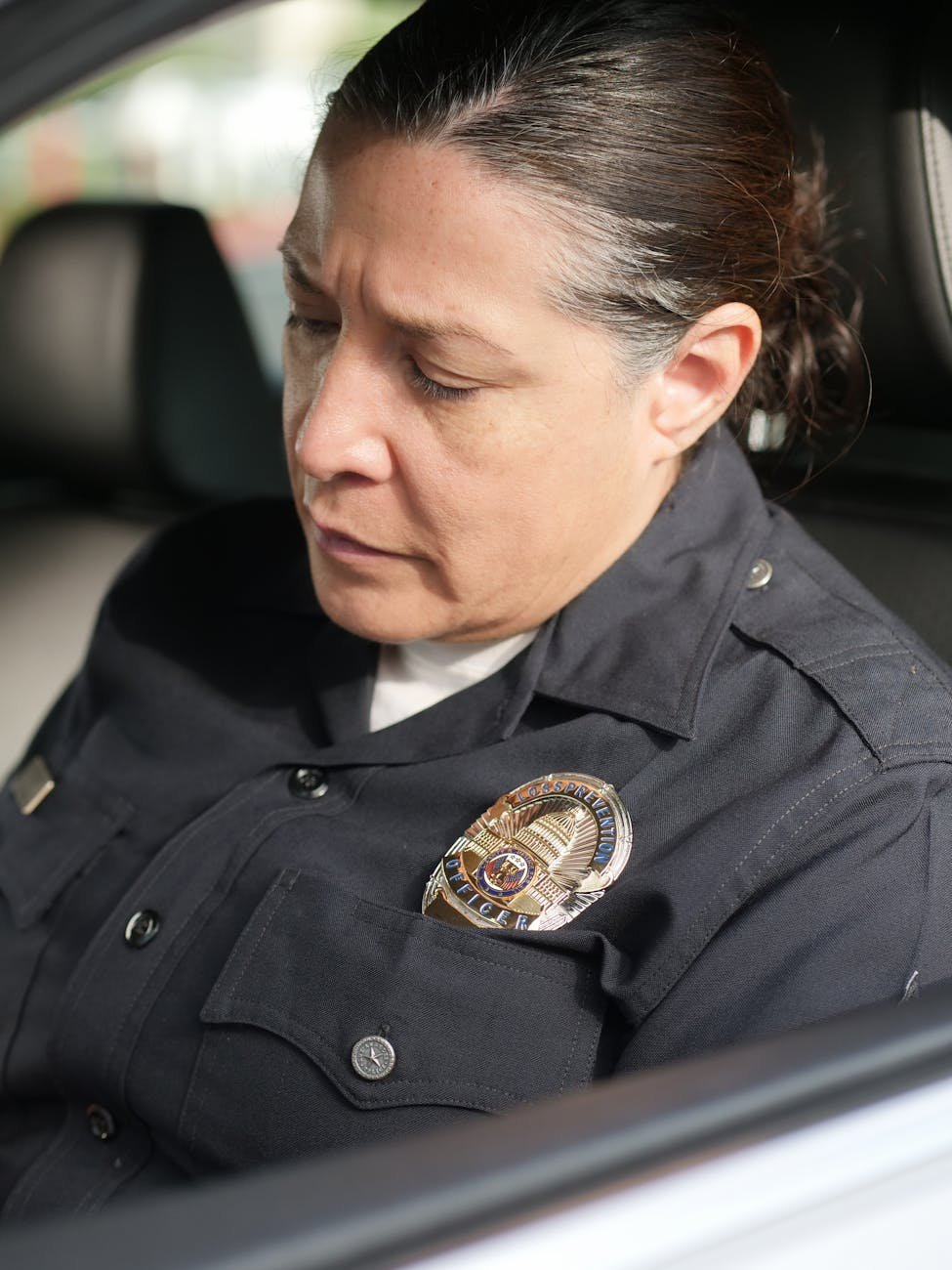
How to Get Your First Job as a Safety Officer
Introduction
So, you’re eyeing a career as a Safety Officer? Great choice! Safety Officers are the unsung heroes who keep workplaces accident-free. They ensure that people go home safe at the end of the day. If you’re passionate about protecting lives and maintaining safety standards, this career could be your calling. But how do you land your very first job? Let’s break it down step-by-step.
Understanding the Role of a Safety Officer
Key Responsibilities
Safety Officers monitor workplace activities to ensure employees follow safety guidelines. They inspect sites, conduct risk assessments, train workers, and report any violations or incidents.
Industries That Hire Safety Officers
You’ll find opportunities in:
- Oil & Gas
- Construction
- Manufacturing
- Logistics
- Chemical Plants
Skills You Need to Succeed
- Attention to detail
- Analytical thinking
- Communication skills
- Leadership and initiative
Educational Qualifications
Minimum Educational Requirements
Most Safety Officer roles require at least a high school diploma. However, many companies prefer a bachelor’s degree in:
- Occupational Health and Safety
- Environmental Science
- Engineering
Recommended Safety Certifications
Certifications make you stand out. Some of the most recognized ones are:
NEBOSH
The gold standard in safety certifications. A must-have for international jobs.
IOSH
Good for beginners. It builds a strong safety foundation.
OSHA
Essential if you’re targeting jobs in the U.S. or companies that follow OSHA guidelines.
Online Courses and Resources
Websites like Coursera, Udemy, and Alison offer excellent courses. You can also follow YouTube channels like “HSE STUDY GUIDE” for free learning.
Gaining Practical Experience
Internship and Volunteering
Internships give you exposure. Volunteering in safety committees at your school or local community events is a great start.
Safety Audits and Drills Participation
Participating in fire drills, mock audits, or emergency evacuation plans shows real involvement.
Entry-Level Jobs to Get Started
Roles like:
- Safety Assistant
- Safety Technician
Building a Powerful Resume
Resume Structure for Safety Roles
Keep it clean and simple. Include:
- Objective
- Certifications
- Skills
- Experience
- Education
Action Words and Metrics
Use phrases like:
- “Reduced workplace incidents by 30%”
- “Conducted 50+ safety training sessions”
Highlighting Certifications and Training
Place your NEBOSH or OSHA certificate right at the top. It’s your golden ticket!
Creating a Strong LinkedIn Profile
Optimizing Your Profile for Recruiters
Use a professional photo and headline like “Certified Safety Officer | NEBOSH | Risk Management Expert”
Adding Safety Officer Skills and Keywords
Include:
- Risk Assessment
- Compliance
- Safety Training
- HSE Audits
Networking and Industry Connections
Joining Safety Communities
Get into online forums like HSE Nation or Safety+Health Magazine communities.
Attending Workshops and Seminars
These events are goldmines for meeting professionals and hiring managers.
Connecting with Safety Professionals Online
A polite message like, “Hi, I’m starting my career in safety. Would love to connect!” works wonders.
Applying for Your First Job
Where to Look for Jobs
Use:
- Indeed
- GulfTalent (for Middle East jobs)
- Naukri
- Company websites
How to Read Job Descriptions Effectively
Look for keywords and tailor your resume to match those.
Acing the Interview
Common Interview Questions
- “How do you conduct a risk assessment?”
- “Describe a time you handled a safety violation.”
Demonstrating Safety Mindset
Talk about how safety is not just a policy—it’s a culture.
Showcasing Your Practical Knowledge
Mention real-life scenarios or simulations you’ve participated in.
Developing Soft Skills
Communication and Observation
You need to explain complex safety rules in simple terms. Sharp eyes save lives!
Reporting and Documentation Skills
Clear reporting avoids confusion. Learn how to write incident reports and daily safety observations.
Leadership and Decision-Making
In an emergency, you’ll need to take charge. Confidence and clarity are key.
Staying Updated With Industry Trends
Importance of Continuous Learning
The rules change. Stay current with safety news, webinars, and regulations.
Following Safety News and Regulations
Subscribe to OSHA, NEBOSH, and local safety authorities’ newsletters.
Getting Mentorship
Finding a Professional Mentor
Reach out to senior Safety Officers. Ask questions, seek guidance.
Benefits of Mentorship in Your Career
Mentors fast-track your learning, warn you about mistakes, and help you grow professionally.
Common Mistakes to Avoid
- Skipping certifications
- Not practicing for interviews
- Poor resume formatting
- Being passive during internships
Keeping a Positive Mindset
Handling Rejections
Don’t take it personally. Each “no” gets you closer to a “yes.”
Staying Focused on Your Goal
Remind yourself why you started. Keep learning and applying.
Conclusion: Your Journey Starts Now
Becoming a Safety Officer is more than just landing a job. It’s about being responsible for lives, rules, and a safe future. With the right mindset, certifications, experience, and passion, your first job is just around the corner. Keep pushing forward—you’ve got this!
Safety Officer: Qualification, Safety Courses, Jobs, Duties, Salary, Career etc.
Safety Officer Rights, Roles, and Responsibilities in 2025
10 Environmental Health and Safety – EHS Officer Interview Questions & Answers
Fire Safety Officer Interview: 15 Questions & Best Responses
Onshore Safety Officer vs Offshore Safety Officer: A Detailed Comparison
FAQs
1. What is the salary of a Safety Officer?
Salaries vary by country and industry, but entry-level Safety Officers can earn between $30,000–$50,000 annually. In the Gulf region, it may range from 2500 to 6000 SAR/month.
2. Is NEBOSH enough to get a Safety Officer job?
NEBOSH greatly boosts your chances, but practical experience and soft skills matter too.
3. Can I work abroad as a Safety Officer?
Yes, especially in the Gulf, Africa, and Southeast Asia—if you have international certifications.
4. Do I need a degree to be a Safety Officer?
Not always. Certifications and experience can often substitute for a degree.
5. How long does it take to become a Safety Officer?
With proper training, you can start applying for jobs within 6–12 months.
I am Biswasuk Boul. This information is going on my life.
I am Biswasuk Boul. I am ADIS diploma course completed 2023.